 Late Talkers: What You Can Do If Your Child Is Not Talking Yet
Late Talkers: What You Can Do If Your Child Is Not Talking YetWhich means if your 2-year-old is not speaking yetSmall children are busy little beings. They walk, speak and explore the world around them with fascinating curiosity. You may notice that your child's development goes at its own unique pace. And that's fine, at least most of the time. However, if you're concerned that your 2-year-old is not speaking as much as his peers, or that they're still chatting against real words, it's a valid concern. Understanding what is appropriate for development at this age can help you know if your point is on the way. Here's more about milestones, what to see and how you can look for help for potential problems. Related: By age 2, speech and language milestones include having a vocabulary of or more words, even if they are not pronounced perfectly or understood by strangers. Your tot can also call your favorite foods by their right names and make several animal sounds — moo, baa, cluck, oink — when asked. Two-word phrases also emerge (e.g., "want food"), as well as the use of pronouns as "mine", for your child's second birthday. Between 2 and 3 years, your child may know between words. That's a big leap in the vocabulary! They can begin to understand and speak about spatial concepts such as "on" or "in". They also show a better understanding of pronouns and know words to describe people, places and things, including "happy" or "sad" and "big" or "small." Other milestones are: It is important to note that children of this age can still leave the ends out of words. They may also not speak in a way totally understood by strangers. When there are 2, you or other caregivers can only understand about the percentage of the words your child says. As your child approaches the age of 3, your speech can be quite well understood by the people of your family or by others who regularly care about them. Related: You may have heard that speech delays are associated with autism. This is true, but delays may exist on their own as well. In general, children with isolated speech delays tend to meet their milestones in other areas of development, but not in language or speech. For example, your child may have trouble talking but responds when your name is called or may use other ways of communicating, such as shaking your head yes or no, using sign language or vocalizations. Your child may not have a great vocabulary, but may follow the appropriate instructions for age or use appropriate social skills for age. Children with speech disorders, as well as difficulties in communicating in general. For example, you may notice that your child does not respond to your name or follow the instructions. Your tot cannot point to objects or use other gestures. Other autism features include: Being extremely problematic with breaking a normal routine is another feature of the ASD. Resist the drive to diagnose your child and raise any concerns with your child's pediatrician. Some of the above behaviors can be part of the personality or development of your little child. Experts say that the diagnosis of autism of a doctor at age 2 may be "" but note that it often takes longer for most children to get a final diagnosis. Related: Outside the ASD, there are several reasons why your child may experience a speech or language delay. Primary causes are those that cannot be attributed to any other condition that affects your child. Speech and language are two different things. Speech is the way your child forms words and sounds, while language is how your child applies meaning to those words and communicates. Children may have trouble saying words, putting them together or other problems with speech and language. Some main causes are: Other secondary conditions that can also cause speech and language delays. This means that the delay is caused by another condition that affects another part of your child's body or brain. For example, the ears or soft palate of the mouth. They include: Related: In the United States, children are eligible for a free federal program called "earth intervention" to age. This program covers every area of a child's development, from physical skills to emotional skills and beyond. With regard to language and speech, audiologists and speech pathologists help children with communication skills, including listening, speaking, gesturing and general understanding. You can also contact your state's early intervention program. Just call and say, "I have concerns about my child's development, and I would like my child to evaluate whether they are eligible for early intervention services." After your first contact, your child will be evaluated by a professional to discover your individual needs set. If your child is eligible, more tests or observations can be submitted so that your child's team can write an individualized family service plan. As the name implies, the plan of each child will be addressed to their needs and the corresponding potential treatments. As a caregiver, you help decide what is part of your child's plan. Therapy activities for young children may include: Sessions may take place at home or at a nearby school, daycare center or other public space. You, as a parent, can also be able to help your child with speech therapy with the proper training of a language pathologist. share that children exhibit a more varied response to their parents' learning, however, make sure you work with professionals when your final plan appears. Discussing any concerns you may have with your child's pediatrician is a good idea, too. They can help with the evaluation, as well as recommend and help coordinate any appropriate medical tests, such as hearing tests and possible specialized referrals. And after 3 years? Is your son almost 3? Before your birthday, your early intervention team will help write a transition plan for the next stage of therapy/support. Some states continue to offer early intervention after this age — your team can give you more information about specific features. For others, services may be available through your local school district. Related: Note that each child is different, and each treatment plan is individual. Your child can quickly respond to therapy (if necessary) or, on the other hand, may take some time to get the hang of things. That said, in cases of an isolated speech and/or language delay that is not associated with another condition, early treatment can be useful. Experts on the part that children in this category usually have a normal speech when they enter the infant garden. One followed the late conversors from 20 to 34 months until they were in the kindergarten and beyond. He discovered that 74 percent of the group had normal speech and language skills for when they arrived at school. A more recent one showed that late conversationers may have more emotional or behavioral problems at 2 years because they cannot be properly expressed. However, over time these children did not show a significant difference in these areas compared to their peers. For speech and language delays caused by side problems, your child's progress is likely to depend on the cause and on ongoing treatment therapies. Don't lose hope. Continue to contact your child's early intervention pediatrician or specialist to receive guidance and support. There is a lot you can do at home to promote good speech and language skills in the early years. Try reading your baby daily. You can also sing songs and speak out while you go about the day tasks to get your little listen to more words and prayers. If you still have concerns about your child who does not reach the milestones of language or language, consult your pediatrician. You don't need a referral for early intervention services, but your child's doctor may be able to point you in the right direction for help. The key is to identify potential problems and get support as soon as you can. And don't worry if you're not sure if your family needs services. Leave that part to the professionals and continue to advocate for your child. Last medical review on August 28, 2020Read this following
Communication and Your Communication from 2 to 3 yearsCommunicating with our children is one of the most pleasant and rewarding parts parents. Children learn by absorbing information through daily interactions and experiences not only with us, but with other adults, family, other children, and the world. Communicating with your child The most interactive conversation children are involved, the more they learn. , sing, play words games, and just talk to young children will build your vocabulary and teach listening skills. Here are some suggestions to help improve your child's communication skills: Vocabulary and Communication PatternsBetween the ages of 2 and 3, children have a huge leap in language skills: Children should use language freely and start solving problems and learning concepts. They can usually participate in a simple question and answer session. They can also count Three objects correctly, they start to tell stories, and they know their name and surname. When should I call the Doctor? If you think your son has problems with, language development, or clarity, speak to your doctor. An audition test can be one of the first steps to find out if your The child has a hearing problem. Age 2 is not too young for a remission for a speech/idiom evaluation, particularly if a child is not following instructions, responding to simple questions, or enough words. Communication problems for children between 2 and 3 years of age include: Some parents care that a small child who does not speak can have. Children with autism and related conditions may have delayed speech or other problems communication, but poor social interactions and limited or restricted interests or behavior patterns are also distinctive signs of this disorder. If you have any questions or concerns about your child's development, talk to your doctor. More about this topic for:Note: All information about KidsHealth® is only for educational purposes. For specific medical advice, diagnosis and treatment, consult your doctor. © 1995-document.write(KHcopyDate); The Nemours Foundation. All rights reserved. Images provided by The Nemours Foundation, iStock, Getty Images, Veer, Shutterstock, and Clipart.com.

What should I do if my 2-year-old doesn't talk yet? | BabyCenter
Late Talkers: What You Can Do If Your Child Is Not Talking Yet
2-Year-Old Not Talking but Babbling: Should You Worry?/red-flags-that-dont-indicate-autism-259898-01-76afd86592094a358bfd897bc049b914.png)
Red Flags That Don't Indicate Autism
Late Talkers: What You Can Do If Your Child Is Not Talking Yet
Help: My 2 year old is not talking | How to encourage toddlers to talk
Two years old and not talking? New study says not to worry
Two years old and not talking? New study says not to worry
My Child Understands But Doesn't Speak – Read This! | Seeme & Liz | Speech delay toddler, Toddler speech activities, Toddler speech
What to Do If Your 2 Year Old Doesn't Talk? | New Health Guide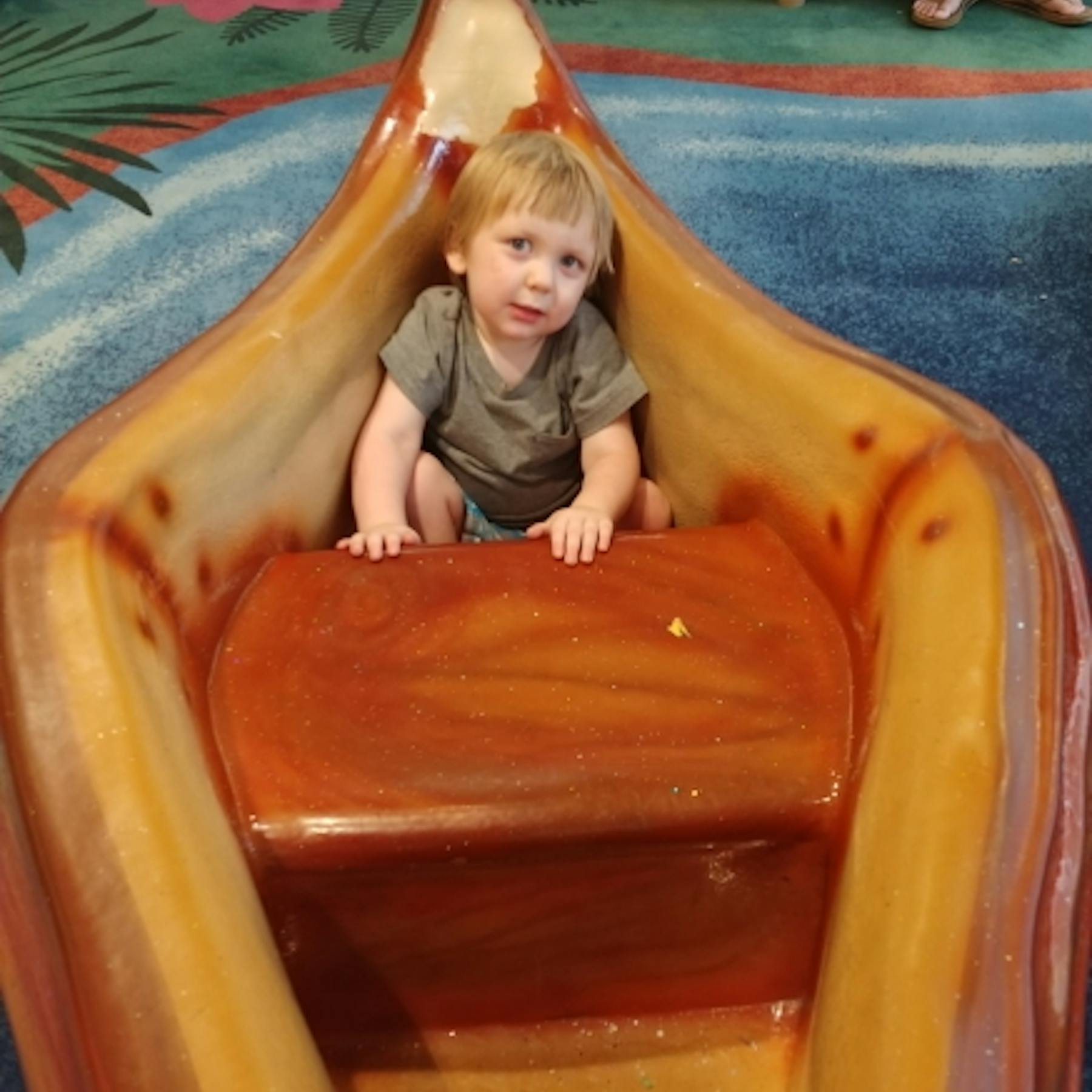
Why doesn't my toddler speak very much? - Winnie
When Your Toddler Won't Talk
Family: My 2-year-old son isn't talking. Is this OK? - The Morning Call
Help: My 2 year old is not talking | How to encourage toddlers to talk
Late Talkers: What You Can Do If Your Child Is Not Talking Yet
Speech Delay at 3 Years Old: What's Normal, What Should Be Evaluated
To The Mom Of A Toddler That Doesn't Talk | Filter Free Parents | Speech delay toddler, Toddler speech, Speech delay activities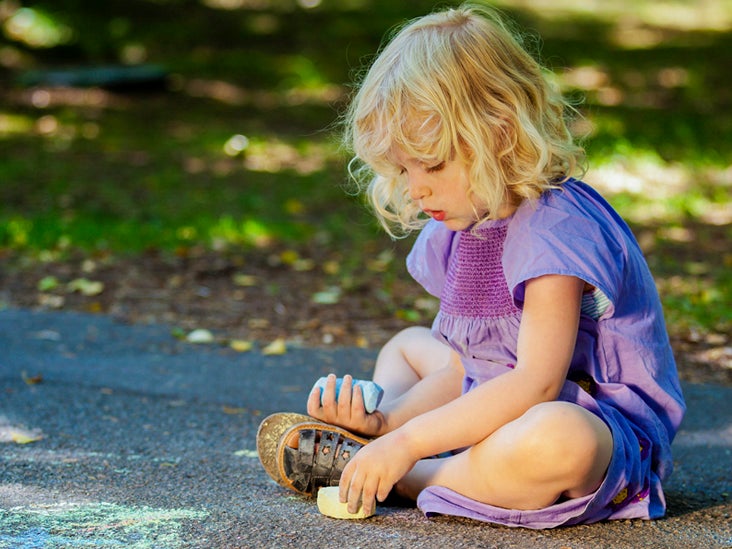
Signs of Autism in a 3-year-old: Symptoms and Diagnosis
Talk Box Newsletter: Two Year Old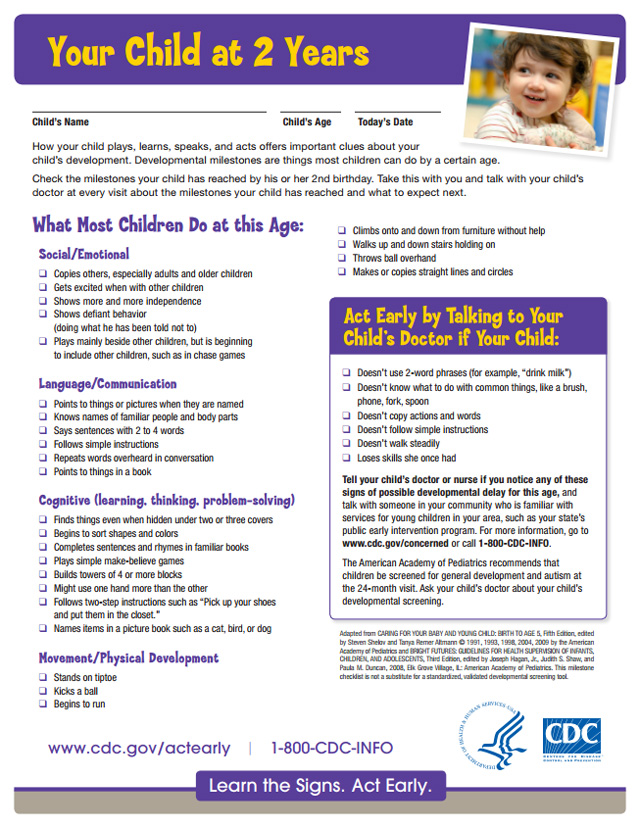
Printable Checklists To Keep Track Of Your Baby's Milestones
How to talk with your child : coolguides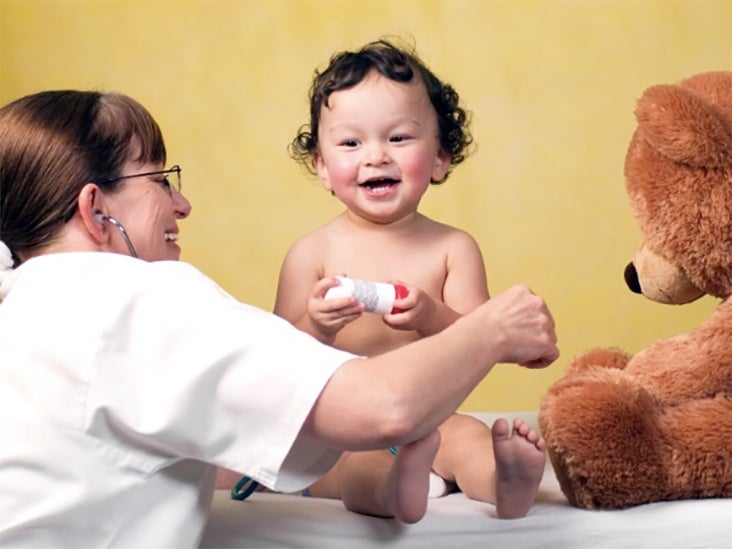
Language Milestones 1 to 2 Years: First Words, Gestures, and More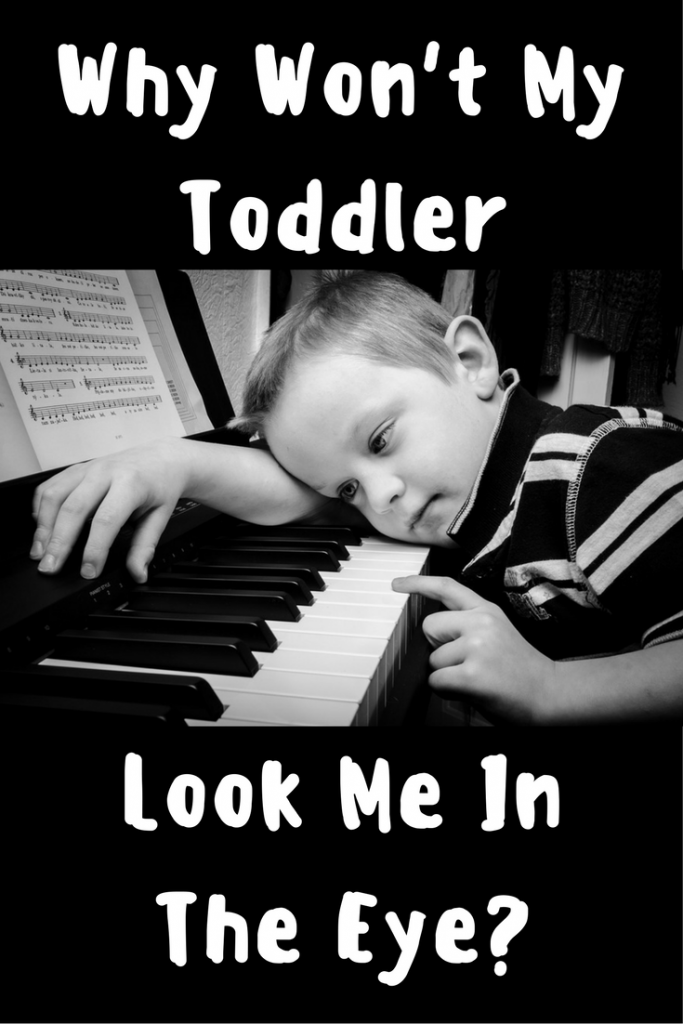
Why Won't My Toddler Look Me in the Eye?
Smart Talkers:Talking about children's communication from Small Talk SLT: Another 2 year old not talking
What to do when your toddler doesn't talk - MadeForMums
The 2-Year-Old Sleep Regression: What You Should Know
Superheroes in Jammies: My (Almost) 2 Year Old Doesn't Talk Yet
Milestone Checklists are single-page lists of developmental milestones and warning signs… | 2 year old milestones, 2 year old development, Lesson plans for toddlers
Screaming Frustration: Our 2-year-old Won't Talk – Dr Monique Tello
Superheroes in Jammies: My (Almost) 2 Year Old Doesn't Talk Yet
Language Milestones 1 to 2 Years: First Words, Gestures, and More
Late Talkers: What You Can Do If Your Child Is Not Talking Yet
My kid is almost 2 years and he doesn't talk anything meaningful and just talk gibberish. He doesn't listen to what we say and still doesn't call us mom or dad or
The Best 10 Memes that Perfectly Describe Being a Mom
Delayed Speech or Language Development (for Parents) - Nemours KidsHealth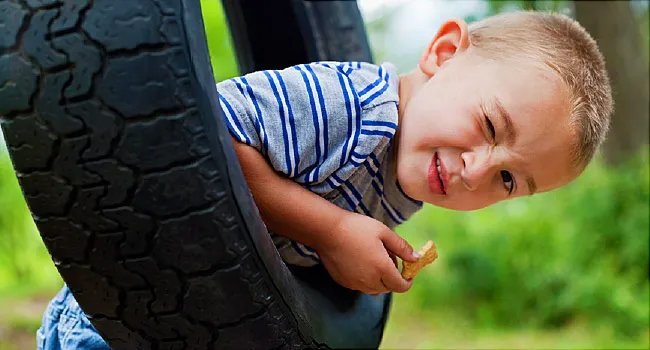
3- to 4-Year-Old Developmental Milestones: Cognitive, Language, and Motor Skills
When Your Toddler Doesn't Talk - The New York Times
Superheroes in Jammies: My (Almost) 2 Year Old Doesn't Talk Yet
ANTS DON'T TALK, DO THEY? | Always in the Middle…![3 weeks after the talk with our 6 year old and I'm dealing with my 6 yr old saying dad's new]()
3 weeks after the talk with our 6 year old and I'm dealing with my 6 yr old saying dad's new "friends" staying the night a lot : coparents
 Late Talkers: What You Can Do If Your Child Is Not Talking Yet
Late Talkers: What You Can Do If Your Child Is Not Talking Yet


/red-flags-that-dont-indicate-autism-259898-01-76afd86592094a358bfd897bc049b914.png)































Posting Komentar untuk "2 year old doesn t talk"